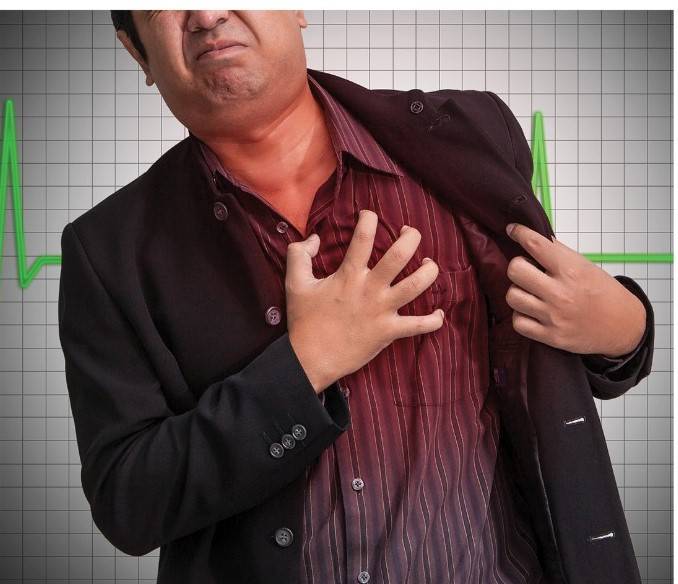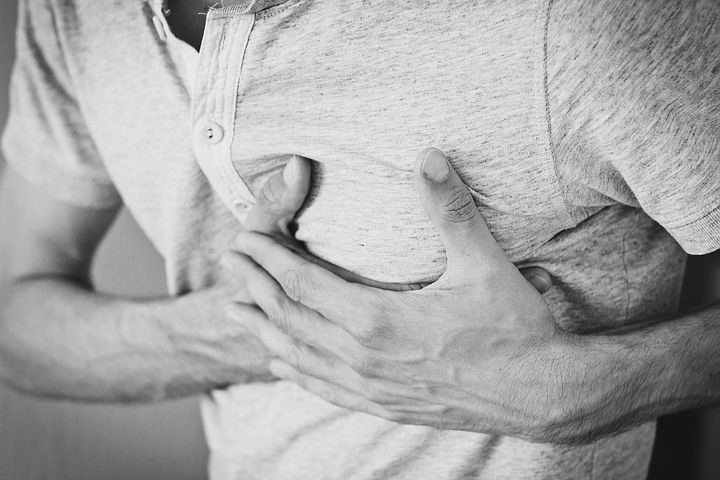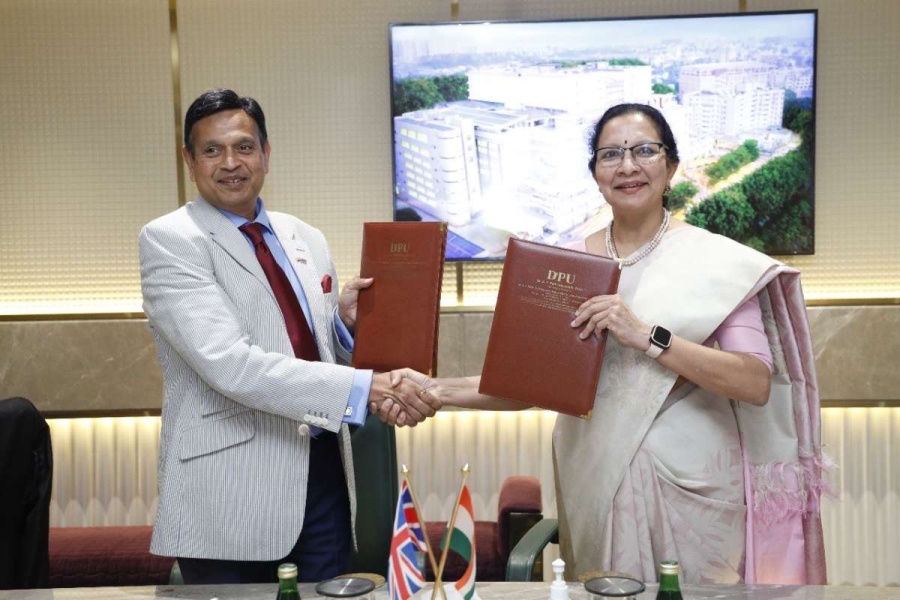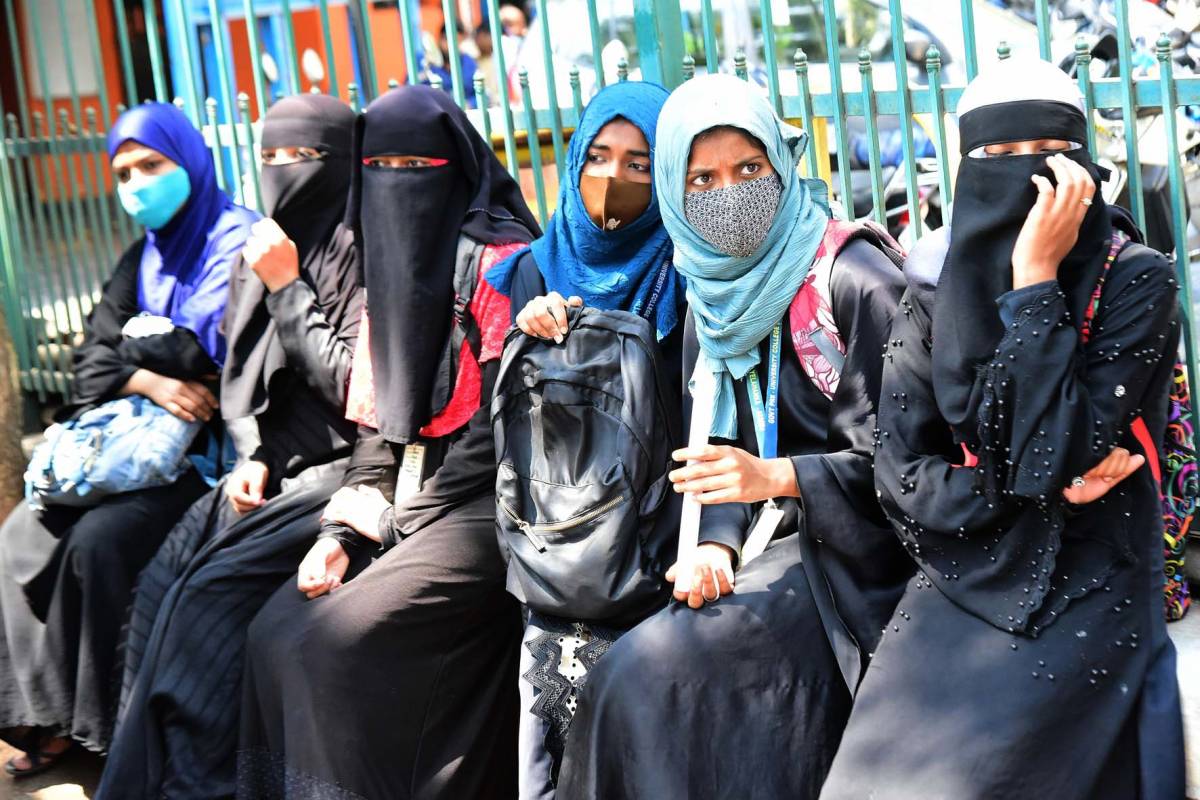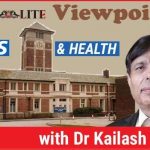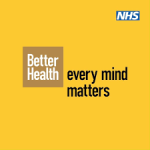New NHS lifesaving campaign aims to raise awareness of lesser-known symptoms and encourage people to dial 999 without delay #HelpUsHelpYou
A new life saving campaign from the NHS is raising awareness of the early signs of a heart attack in at risk communities following new research commissioned by Census wide which finds just 38% South Asians know squeezing across the chest is a symptom, compared to 58% of the wider public. This is despite the fact that South Asians are more likely to experience a heart attack in their lifetime.

The new survey finds that the public as a whole is widely misinformed on heart attacks, with 75% of respondents wrongly believing a heart attack is the same as a cardiac arrest.
- A heart attack happens when the supply of blood to the heart gets blocked, starving the heart muscle of oxygen. A person having a heart attack will probably be conscious and breathing.
- A cardiac arrest is different, it usually occurs suddenly and without warning with the person quickly losing consciousness. Their heart stops, they will have no pulse and sadly people experiencing a cardiac arrest will usually die within minutes if they do not receive treatment
The survey also revealed that less than half of respondents would dial 999 if they or a loved one experienced lesser-known symptoms of a heart attack. Lesser-known symptoms of heart attacks include tightness or squeezing across the chest, a general sense of unease, sweating and shortness of breath. Anyone experiencing these symptoms should call 999 without delay, as rapid treatment increases the chance of a positive outcome.
Whilst the symptoms of a heart attack may not initially feel severe, the longer it goes untreated the more damage to the heart tissue and can also lead to cardiac arrest which is why the NHS is urging people to dial 999.
Neha Sekhri, Consultant Cardiologist at Barts Health NHS Trust, says “Heart and circulatory disease, also known as cardiovascular disease, causes a quarter of all deaths in the UK and is the largest cause of premature mortality in deprived areas. This is one of the biggest areas where the NHS can save lives over the next 10 years. It can be easy to dismiss early warning signs as they don’t always feel painful, but if in doubt call 999 and describe your symptoms to the operator – the sooner you act, the better your chance of a full recovery.”
Heart disease is the leading cause of premature death in deprived areas, but many of these deaths could be prevented through greater awareness and fast action.
For more information, visit nhs.uk/heartattack


